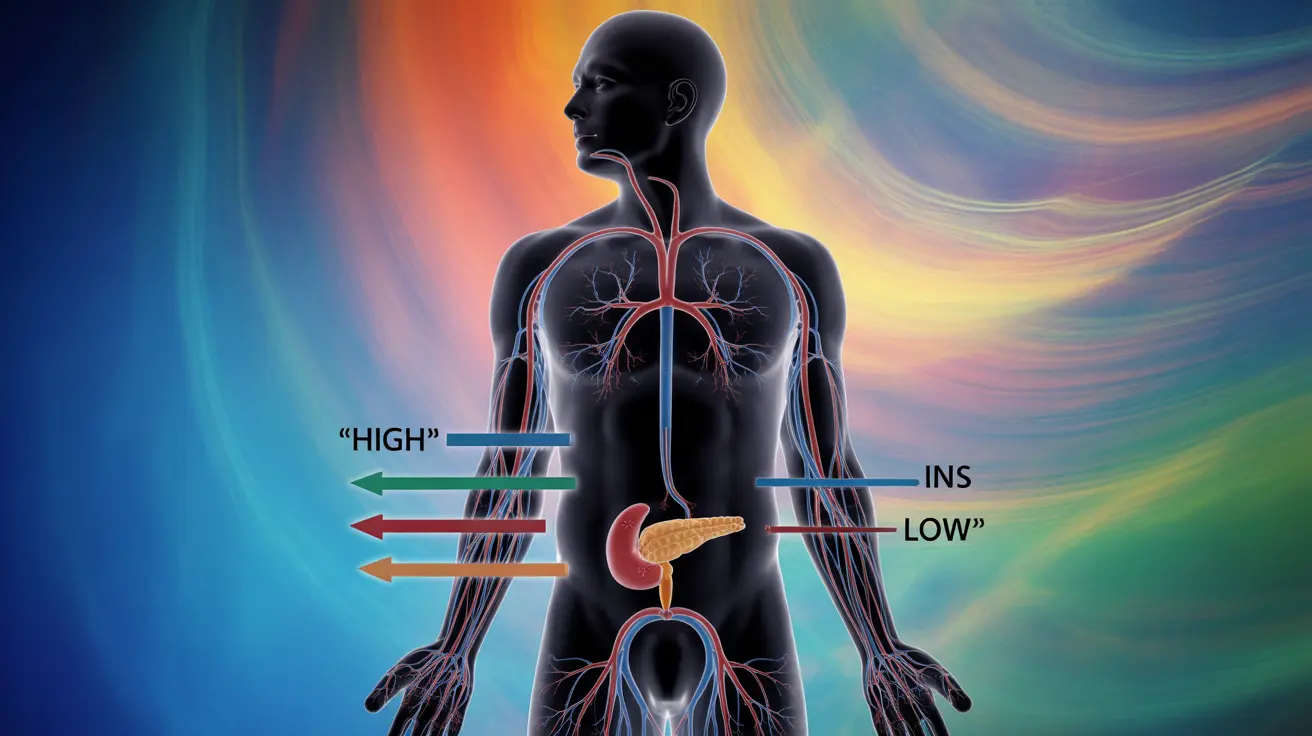Experiencing dizziness after meals can be concerning and may indicate underlying health conditions, particularly related to blood sugar regulation. While occasional lightheadedness following a meal might be normal, persistent dizziness after eating could be a warning sign that requires medical attention, especially when linked to conditions like diabetes or blood sugar disorders.
This comprehensive guide explores the relationship between post-meal dizziness and diabetes, helping you understand when to seek medical help and how to manage these symptoms effectively.
The Connection Between Blood Sugar and Post-Meal Dizziness
When you eat, your body undergoes various physiological changes to process and utilize nutrients. For some people, especially those with diabetes or prediabetes, these changes can trigger dizziness due to irregular blood sugar responses.
Blood Sugar Fluctuations
People with diabetes may experience significant blood sugar swings after eating, which can lead to dizziness through two main mechanisms:
- Hyperglycemia (high blood sugar)
- Hypoglycemia (low blood sugar)
Both conditions can cause dizziness, though they occur at different times and require different management approaches.
Understanding Reactive Hypoglycemia
Reactive hypoglycemia is a condition where blood sugar drops too low within a few hours after eating. This condition can occur in both diabetic and non-diabetic individuals, causing symptoms such as:
- Dizziness or lightheadedness
- Sweating
- Confusion
- Weakness
- Heart palpitations
- Anxiety
Managing Reactive Hypoglycemia
To prevent and manage reactive hypoglycemia, consider implementing these strategies:
- Eating smaller, more frequent meals
- Including protein with each meal
- Limiting simple carbohydrates
- Avoiding sugary foods and drinks
- Regular blood sugar monitoring if diabetic
Postprandial Hypotension: Another Common Cause
Postprandial hypotension, or low blood pressure after eating, can also cause dizziness. This condition is more common in older adults and those with autonomic nervous system disorders.
Risk Factors for Postprandial Hypotension
Several factors can increase your risk of experiencing post-meal low blood pressure:
- Advanced age
- High blood pressure
- Diabetes
- Parkinson's disease
- Certain medications
Prevention and Management Strategies
To reduce the likelihood of experiencing dizziness after eating, consider these lifestyle modifications:
- Choose balanced meals with complex carbohydrates
- Stay hydrated throughout the day
- Eat smaller portions more frequently
- Avoid alcohol with meals
- Rest briefly after eating
- Monitor blood sugar levels regularly if diabetic
Frequently Asked Questions
Can dizziness after eating be a sign of diabetes or blood sugar problems?
Yes, dizziness after eating can be a sign of diabetes or blood sugar problems. It may indicate either high blood sugar (hyperglycemia) or low blood sugar (hypoglycemia), both of which are common in diabetes and require proper medical evaluation and management.
What causes dizziness after meals in people with diabetes or prediabetes?
In people with diabetes or prediabetes, dizziness after meals can occur due to the body's impaired ability to regulate blood sugar levels. This can result in either dramatic spikes or drops in blood glucose levels, both of which can cause dizziness and other symptoms.
How is reactive hypoglycemia related to dizziness after eating, and how is it treated?
Reactive hypoglycemia occurs when blood sugar drops too low shortly after eating, causing dizziness and other symptoms. It's treated through dietary modifications, such as eating smaller, more frequent meals, including protein with each meal, and avoiding simple sugars.
Could low blood pressure after eating cause dizziness, and who is most at risk?
Yes, postprandial hypotension (low blood pressure after eating) can cause dizziness. Older adults, people with diabetes, and those with autonomic nervous system disorders are at highest risk for this condition.
What lifestyle or dietary changes can help prevent or reduce dizziness after eating?
Key lifestyle changes include eating smaller, more frequent meals, staying well-hydrated, choosing complex carbohydrates over simple sugars, limiting alcohol, and maintaining regular meal times. For diabetics, regular blood sugar monitoring and medication compliance are also essential.




